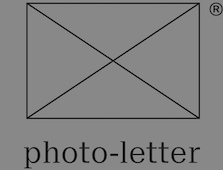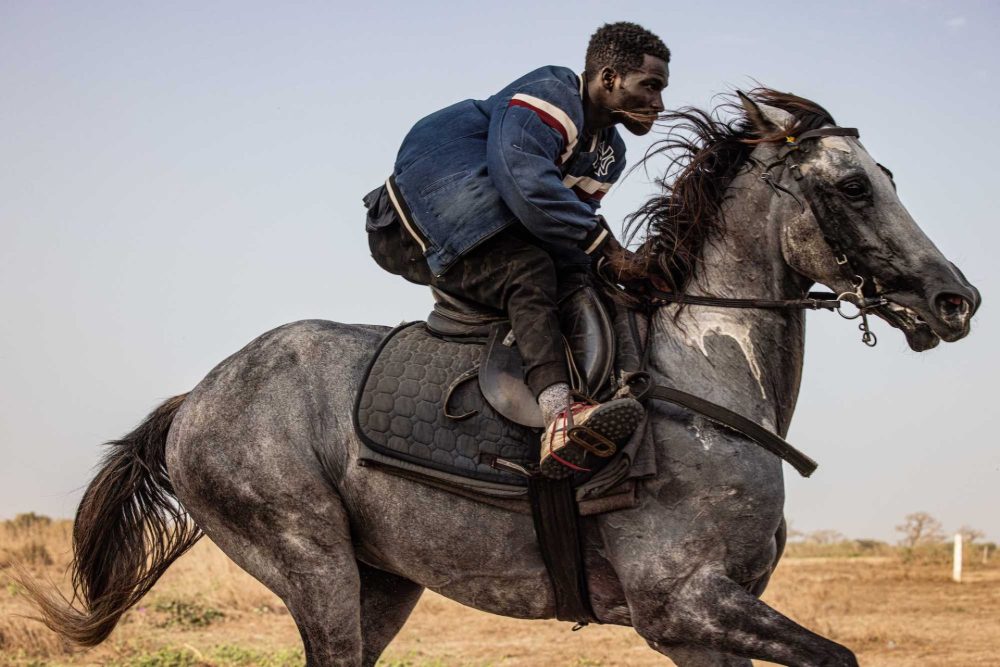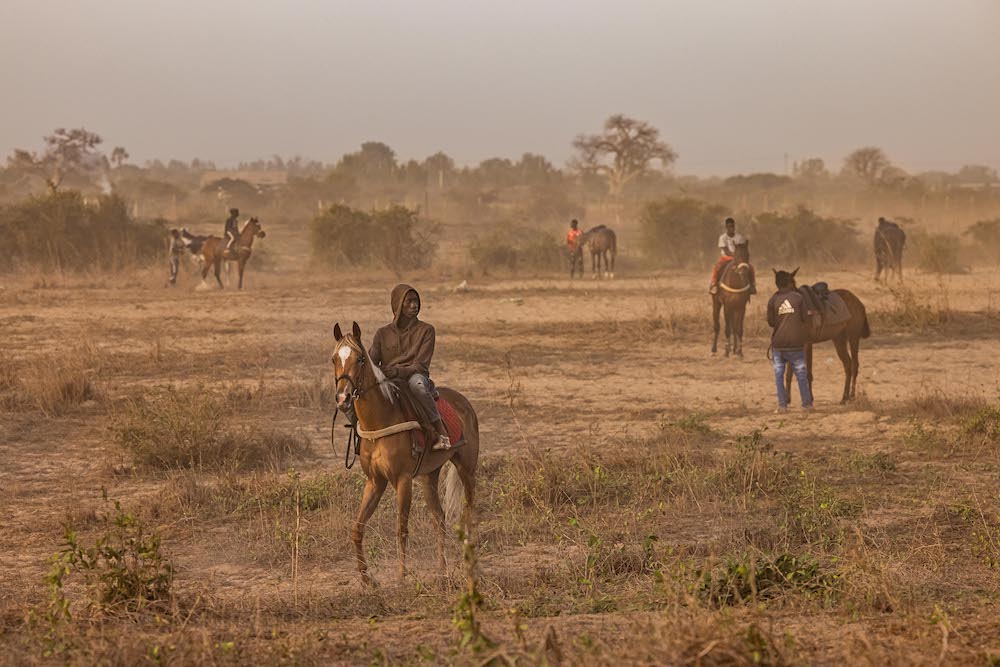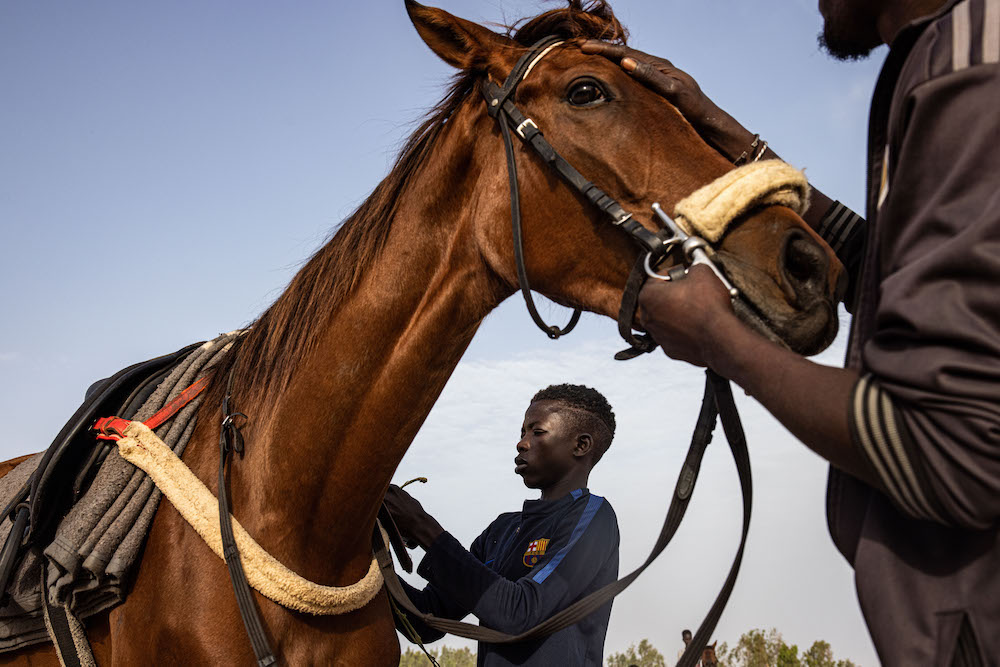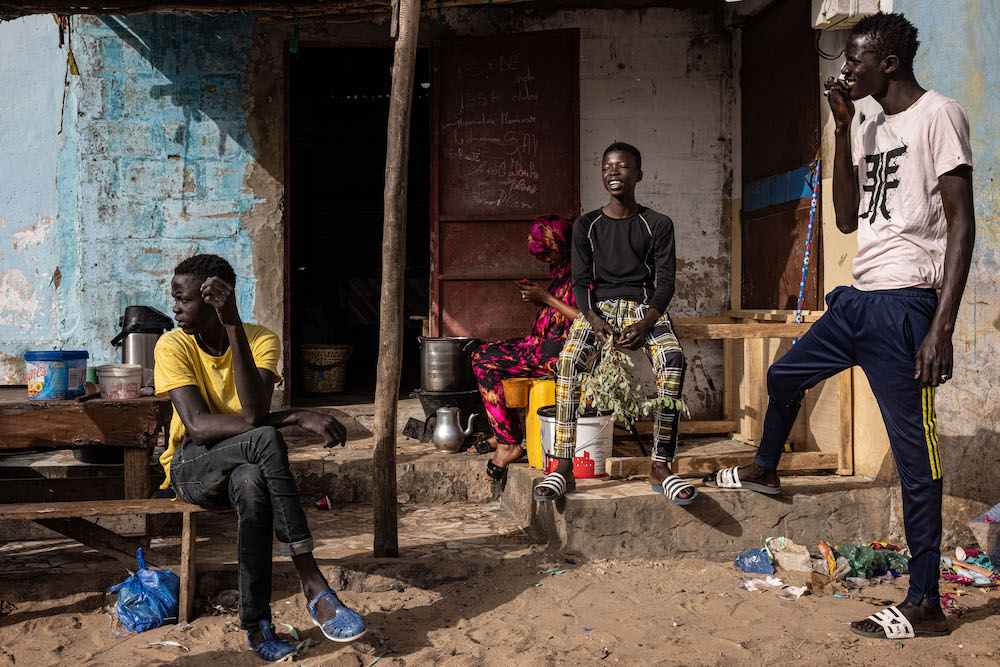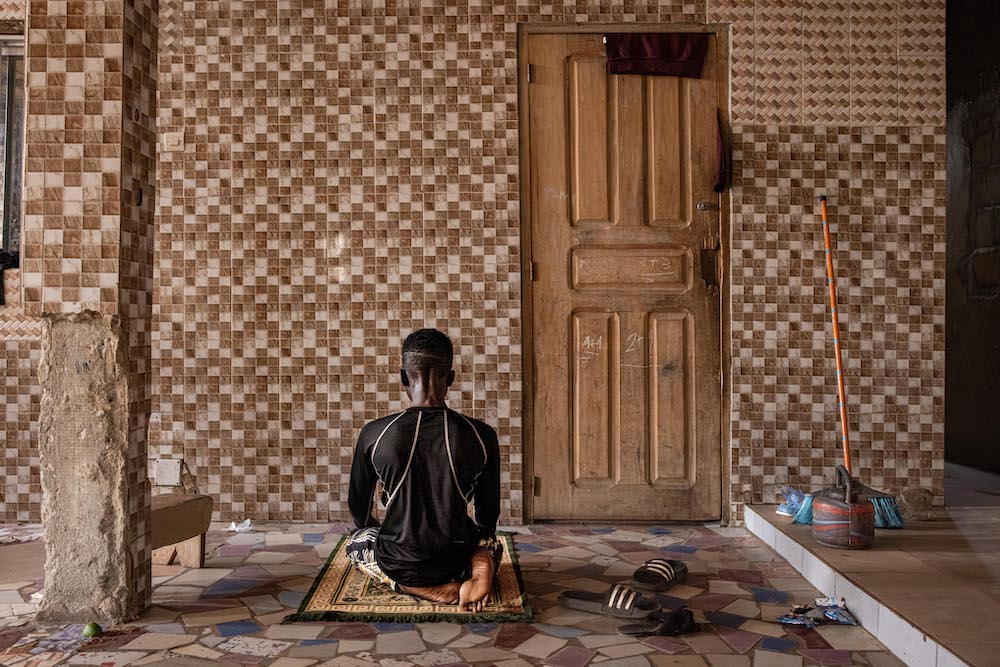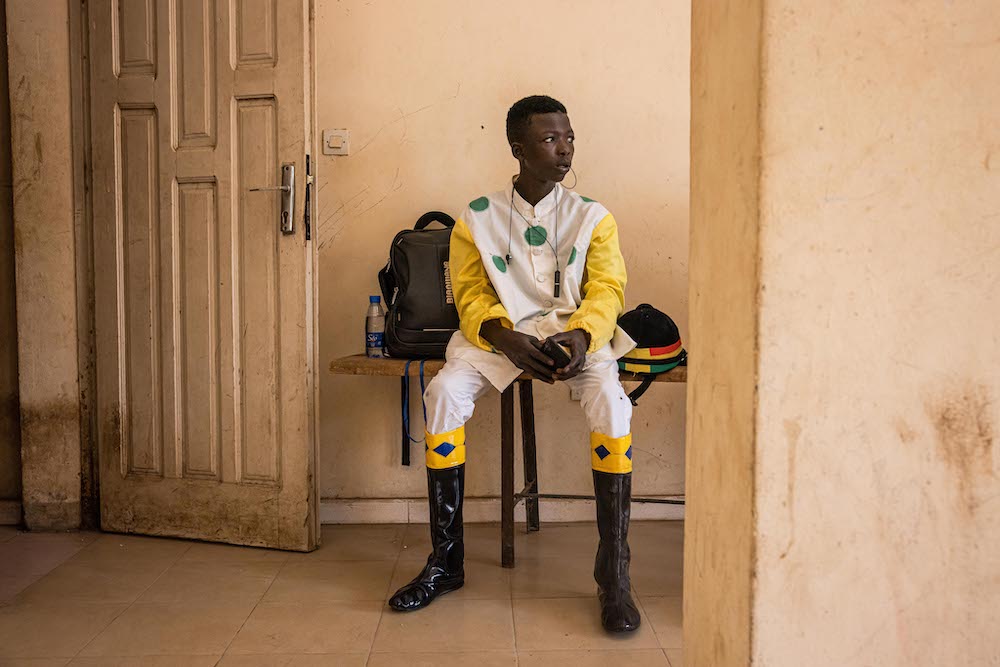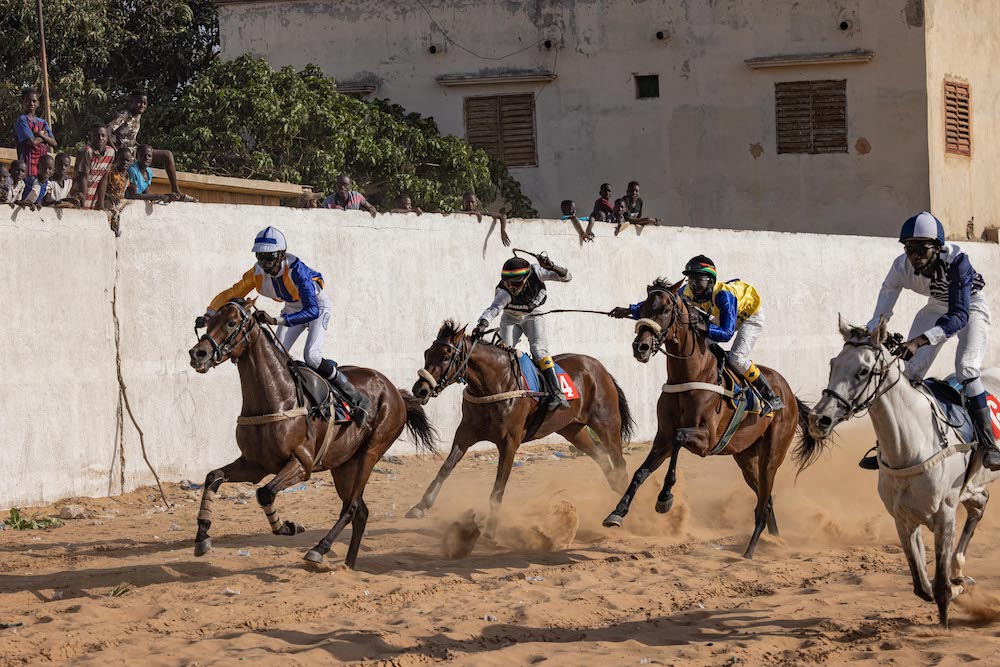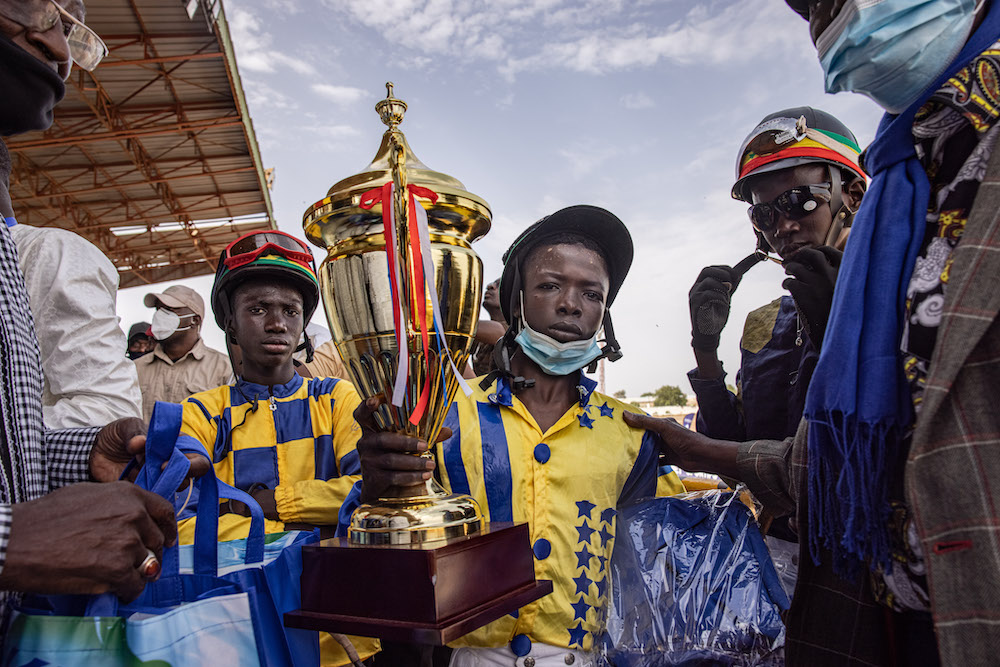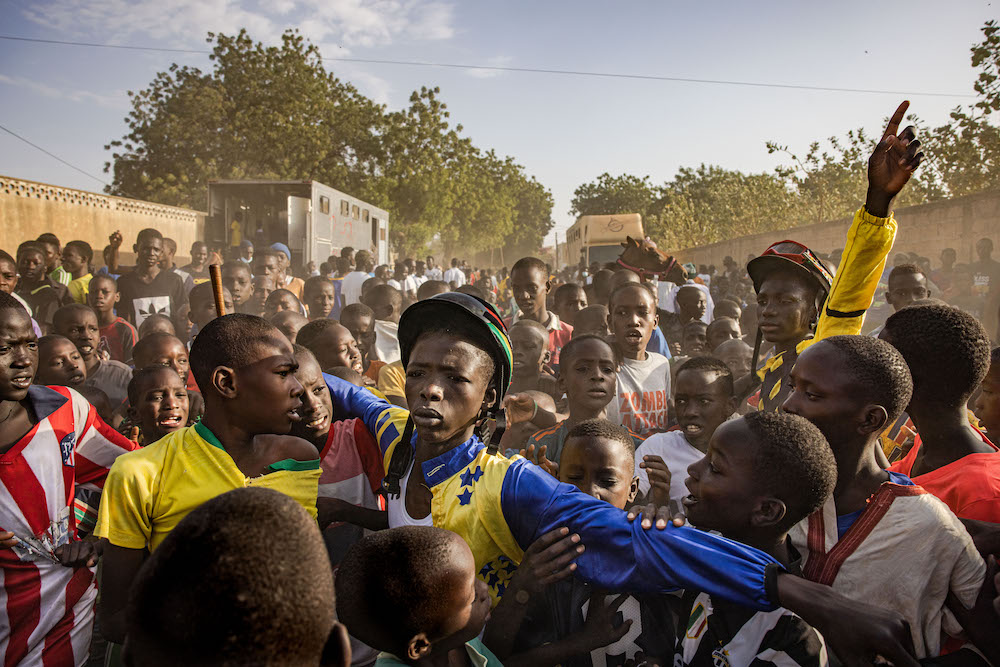Fallou Diop
Thomas Morel-Fort
2021 — Senegal
About this series
Horse racing is one of the most popular sports in Senegal, along with wrestling and football. The jockeys become professional at a very young age. Among them, Fallou Diop, 19 years old, the national star who is winning one victory after another, galvanizing a youth striving for its future.
This young Senegalese rider has been making a name for himself in horse racing for several years. He trains in the suburbs of Dakar, near the Pink Lake.
The best male hope of Senegalese jockeys, nothing predestined this child from an underprivileged background who left school at the age of 12 to ride a racehorse and win one race after another. Today, Fallou Diop can earn up to 600 dollars per race, in a country where the average monthly salary is about 180 euros. With this money, the young man helps his father, a farmer, who has two wives and fifteen children. He pays for his siblings’ schooling, has financed a new roof for his family and helps his neighbours in Niaga, his home village. He is always surrounded by a crowd of young fans. Many are hoping to become jockeys, although few will be able to make it.
The equine industry is a source of employment for Senegalese youth, in a country where unemployment among 15-34 year olds is 15%. Fallou’s dream is now to compete in Morocco and France where he hopes to train in 2022
Photographer: Thomas Morel-Fort
Nationality: french
Based in: Paris, France
Website: www.thomasmorelfort.com
Instagram: @thomas.morelfort
A freelance photographer since 2016, Thomas Morel-Fort works mainly on long-term documentary projects.
His work has been published in The Guardian , Der Spiegel , 6mois , Marie Claire International, Grazia, Le Parisien, L’express, L’Obs, Paris Match, La Croix, Le Figaro Magazine, Marianne, Le Monde, L’Equipe Magazine, Mediapart.
Before devoting himself to photography, he studied at the Institut National Supérieur des Arts du Spectacle (INSAS) in Brussels and at the Sorbonne (degree in philosophy) and the Sorbonne Nouvelle (degree in cinema). Between 2013 and 2016 he worked as an employee of Le Parisien to cover national news.
In 2015 he began his first long term project on Filipino domestic workers. For this investigation, he hired himself as a domestic worker alongside Donna, immersing himself for more than a month in the villa of a rich Libyan family on the French Riviera. The Camille Lepage Prize received at Visa in 2019 enabled him to travel to the Philippines to follow the families of the women he met in France.
In 2020, in collaboration with Axelle de Russé, with whom he founded LE HUBLOT (jazz musicians composing on photographs), he begins a work with a photographic camera on the world of culture.
While continuing to cover current events (Rohingya crisis, yellow waistcoat movement, conflict in Ukraine), he began a new long-term project on a girl suffering from a rare disease. Passionate about cinema and philosophy, in parallel to his work as a journalist, he is developing a work questioning voyeurism. His Night Sport series has been exhibited in Los Angeles and Brian Paul Clamp says: “Morel-Fort’s handsomely stylized images of individuals engaged in athletics in urban nighttime set tings are a world away from what one envisions when considering traditional sports photography. Quiet, still, and mysterious-these dramatic photographs have more in common with surveillance imagery.”
In 2022, he won the 1st prize in the Sport Story category with a reportage on Fallou Diop, a young Senegalese jockey, at the POYI (PICTURE OF THE YEAR INTERNATIONAL) and 2nd prize in the Sport Story category at the ISTANBUL PHOTO AWARDS
2022
POYI PICTURE OF THE YEAR INTERNATIONAL: 1st prize in the Sport Story category with the report on Fallou Diop
ISTANBUL PHOTO AWARDS: 2nd prize in the Sport Story category with the reportage on Fallou Diop
Winner BNF NATIONAL COMMAND 2021
CAMERA CLARA PRIZE / Finalist with Axelle De Russé for a camera work on The Artists
PRIX CARITAS / Finalist for the project “DONNA , A life of Sacrifice 2019
PRIX CAMILLE LEPAGE VISA POUR L IMAGE / Winner for the project “FILIPINAS , A global market of domesticity
LES PHOTOGRAPHIES DE L’ANNEE PRIZE APPF / Winner Reportage for its coverage of the “gilets jaunes” movement
2018
PHOTOGRAPHIES OF THE YEAR AWARD APPF / Winner – Humanist for its coverage of the Rohingya refugee crisis.
